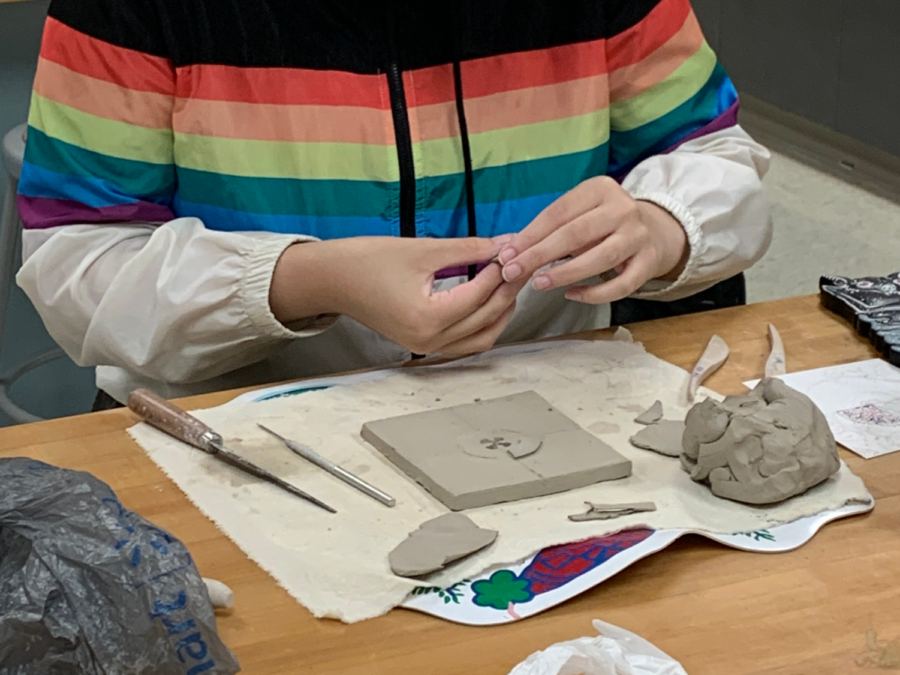Superintendent Dr. Kristen Weikle said ultimately, students will suffer due to the nearly $2 million in budget cuts approved during Jan. 31’s special board meeting.
“Our students,” Weikle said, will be “negatively impacted” by the budget cuts, including eliminating co- and extracurricular opportunities, reducing administrative staff and cutting district and school spending by 10%.
At Community, the impact of the 10% reduction to each department’s material and supply budget will be substantial.
In the science department, department chair Mr. John Bergmann said, the reduced budget will limit students’ hands-on learning opportunities.
“Students,” Bergmann said, “might not have quite as much lab time as they have in the past.”
Labs help students, Bergmann said, to translate concepts from the textbook to “the real world,” to make abstract ideas and principles concrete.
Bergmann said the department will do its “best to maximize” resources in an effort to offer “at least close to the same level” of educational experience to students.
Already, Bergmann said, the science department has been trying to stretch its budget–purchasing supplies from local vendors or online to bypass expensive science equipment companies.
The department’s budget, Bergmann said, wouldn’t “go very far” otherwise.
More concerning than the 10% reduction, Bergmann said, is the potential of increased class sizes next year.
Larger class sizes, Bergmann said, will affect the safety of the lab environment and the amount of time teachers can give to individual students.
“Having so many students packed into a lab with hot beakers and corrosive chemicals,” Bergmann said, is “a safety issue.”
“The 10% budget cut,” Bergmann said, “that’s one thing, but larger class sizes [are] a bigger deal. It will affect the lab experience and how much time can be allocated to an individual student.”
Supply spending is already an issue in the art department, department chair Mrs. Jennifer Kelly said.
While the department has added course offerings and class sections over the last 10 years, Kelly said, it has not seen an increase in its budget in over a decade.
“10% doesn’t sound like a large amount,” Kelly said, “but it is.”
Art teachers already encourage students to bring their own sketchbooks and materials, Kelly said; an unfortunate reality, but necessary to maintain the quality of the classes.
“We have had to make do,” Kelly said. “We have made things work.”
With less funding, Kelly said, the department will have to continue reducing “what the kids are experiencing,” spending less time “creating” art and more time listening to lectures and reading from textbooks.
Students want hands-on learning, technology department chair Mr. Don Whitman said.
Whitman said the registration numbers for tech courses were so high this year that the department could have run five additional classes, if not constrained by space and staffing.
“There are more classes being asked [for] than we physically can teach in this building,” Whitman said, “so we know there’s a need. We’re just getting more and more students that are wanting to learn hands-on.”
Every lesson in the department’s curriculum is “built around some sort of hands-on activity,” Whitman said, “not just watching a PowerPoint, not Googling, not watching a video.”
With the 10% cuts, technology courses will no longer be able to offer the “same robust projects,” Whitman said. Projects that he believes have driven the increased interest and enrollment in the department’s offerings.
With “well above 25 students in every class,” the department “already [has] budget concerns,” Whitman said, annually “running out of money second semester.”
“Take 10%,” Whitman said, and the department would have already exhausted its budget this year.
“It’s a huge problem,” Whitman said, that will require a change in curriculum.
A change that will mean scaling back some designs and completely scrapping others.
Where students in Intro to Metals and Woodworking typically design a nightstand with two doors and a drawer, Whitman said, they won’t be able to include these features next year.
The department will save $17 per student by eliminating its annual bookshelf build.
But the cuts come with a cost.
Losing that hands-on learning experience, Whitman said, is “a big sacrifice” for students who enroll in technology classes solely for the learning experience offered through these projects.
English department chair Mr. Tyler McWhorter said he is less worried about the impact of the 10% department reduction and more concerned about the “larger 10% district” spending cut.
McWhorter said supply spending is less significant in English, as most of the content’s resources are “either web-based or books that we have on hand already.”
But, McWhorter said, the district budget “impacts the sorts of things that can get approved for curricular purposes.”
“I think students would feel that more immediately,” McWhorter said.
The district-level cuts, McWhorter said, could inhibit the English department from purchasing additional copies of novels, adopting new texts or updating the curriculum.
The approved cuts may be reversed, Dr. Kristen Weikle and the Unit 5 School Board said, with the approval of the tax referendum on the April 4 ballot.




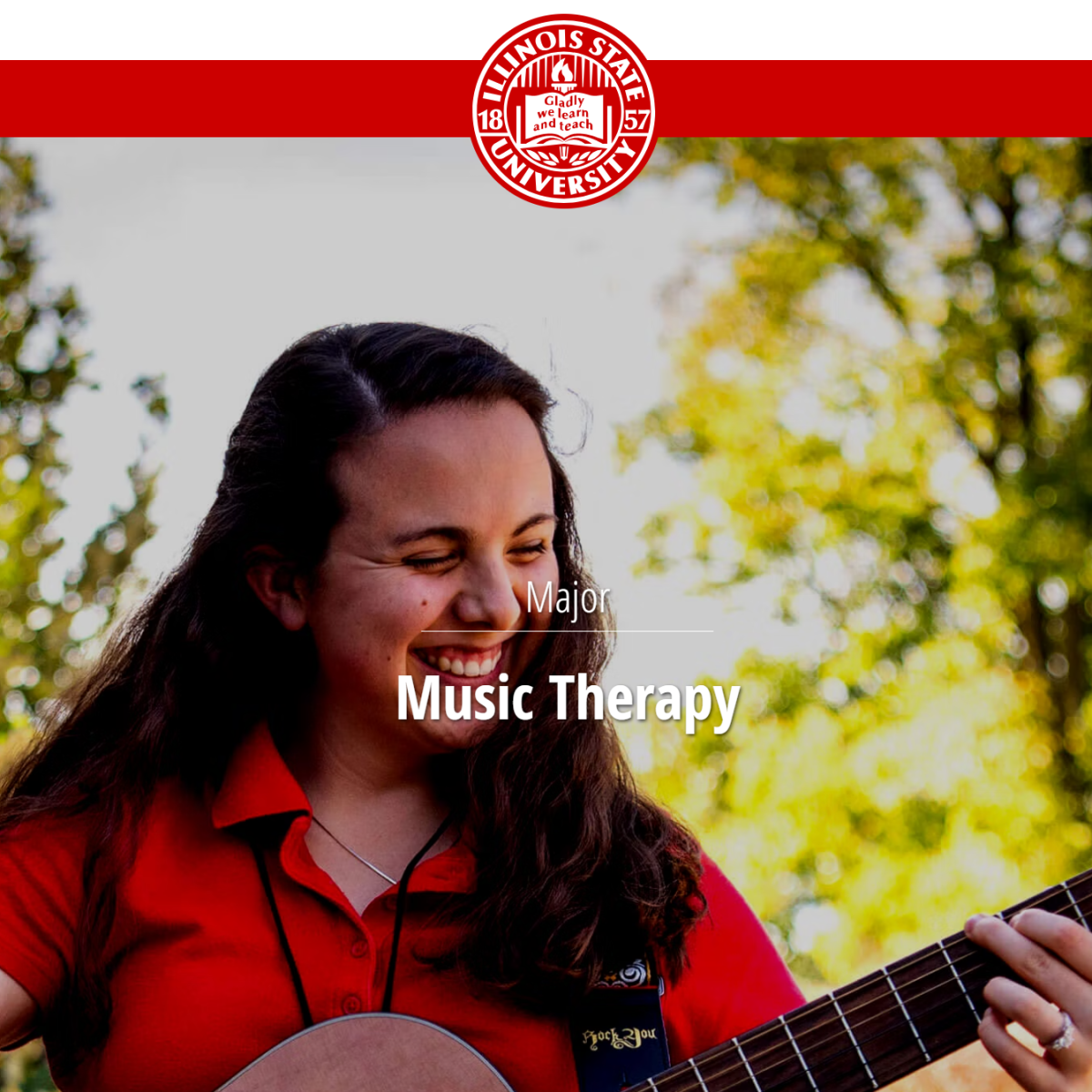






















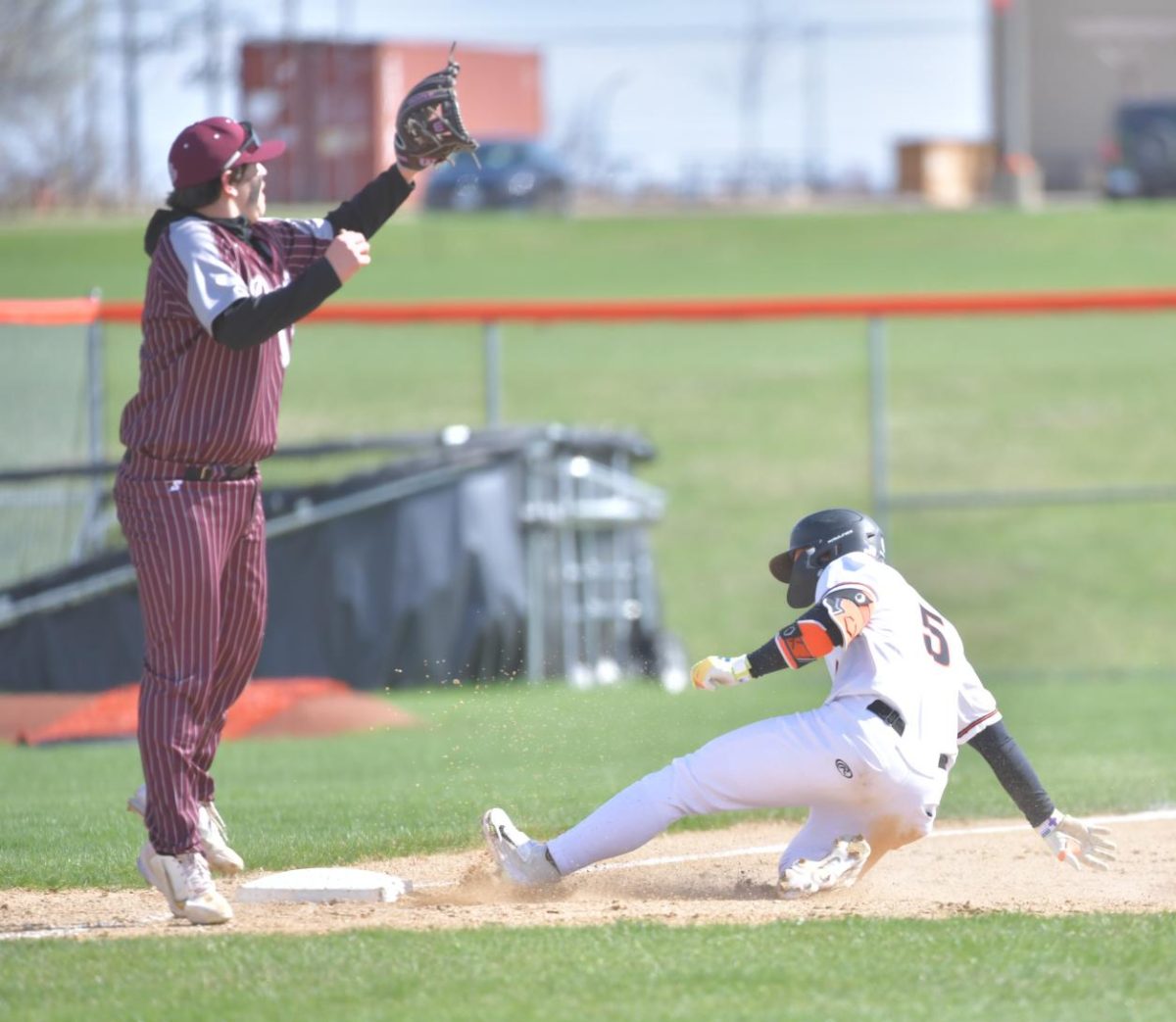


![Coach Drengwitz on the loss to Mt. Carmel, 2024 season [video]](https://nchsinkspot.com/wp-content/uploads/2024/11/Postseason-presser-feature-1200x800.png)
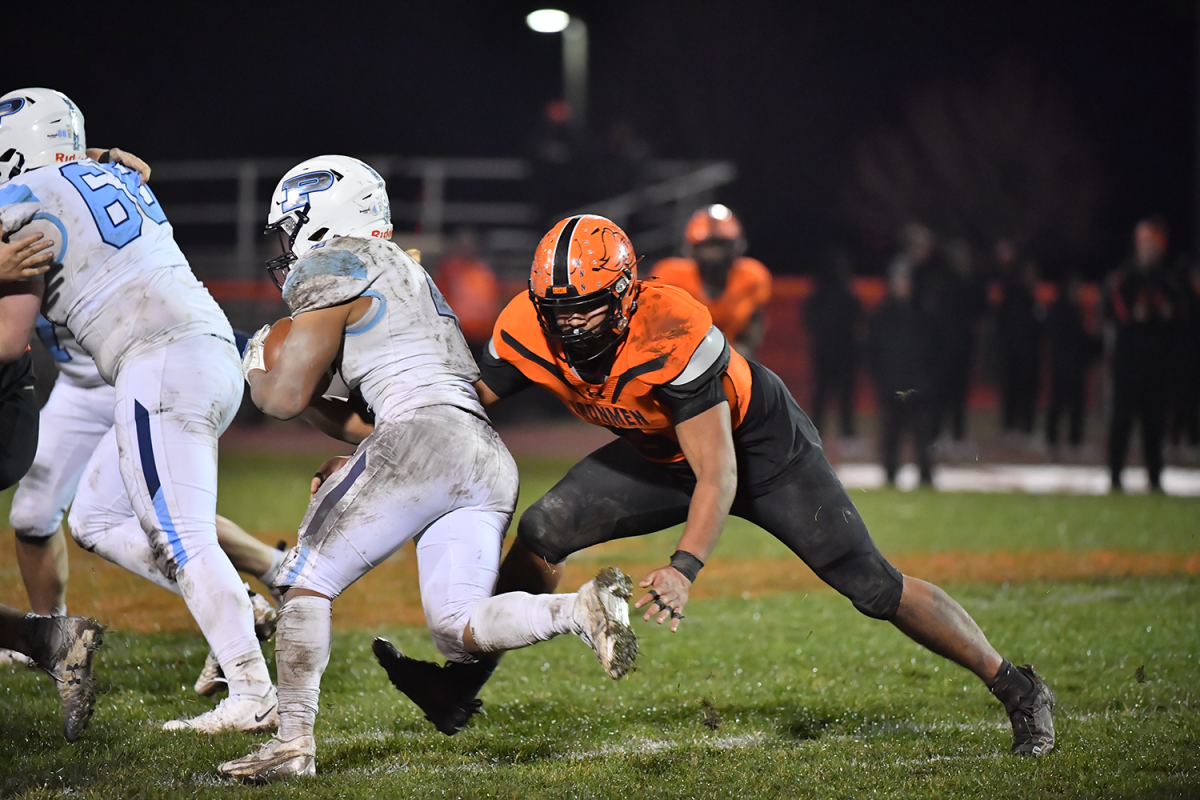
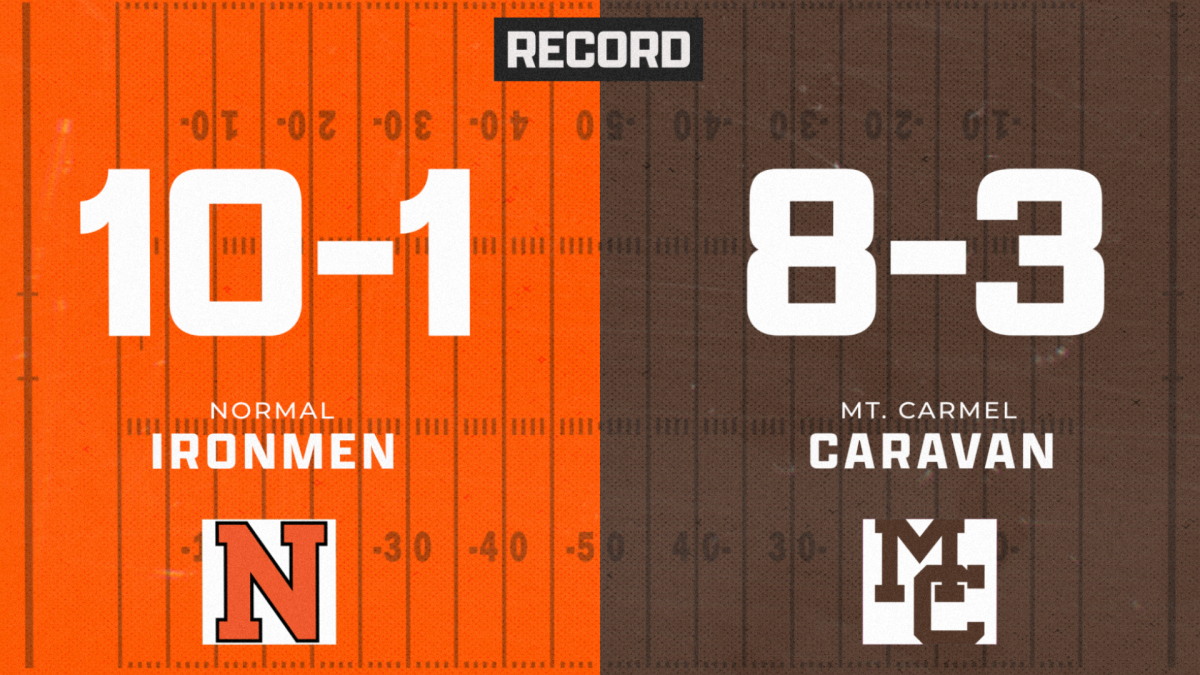
![IHSA 7A Football Playoffs Quarterfinals: Ironmen head coach on facing the Mt. Carmel Caravan [video]](https://nchsinkspot.com/wp-content/uploads/2024/11/0w12-web-feature-1200x800.png)









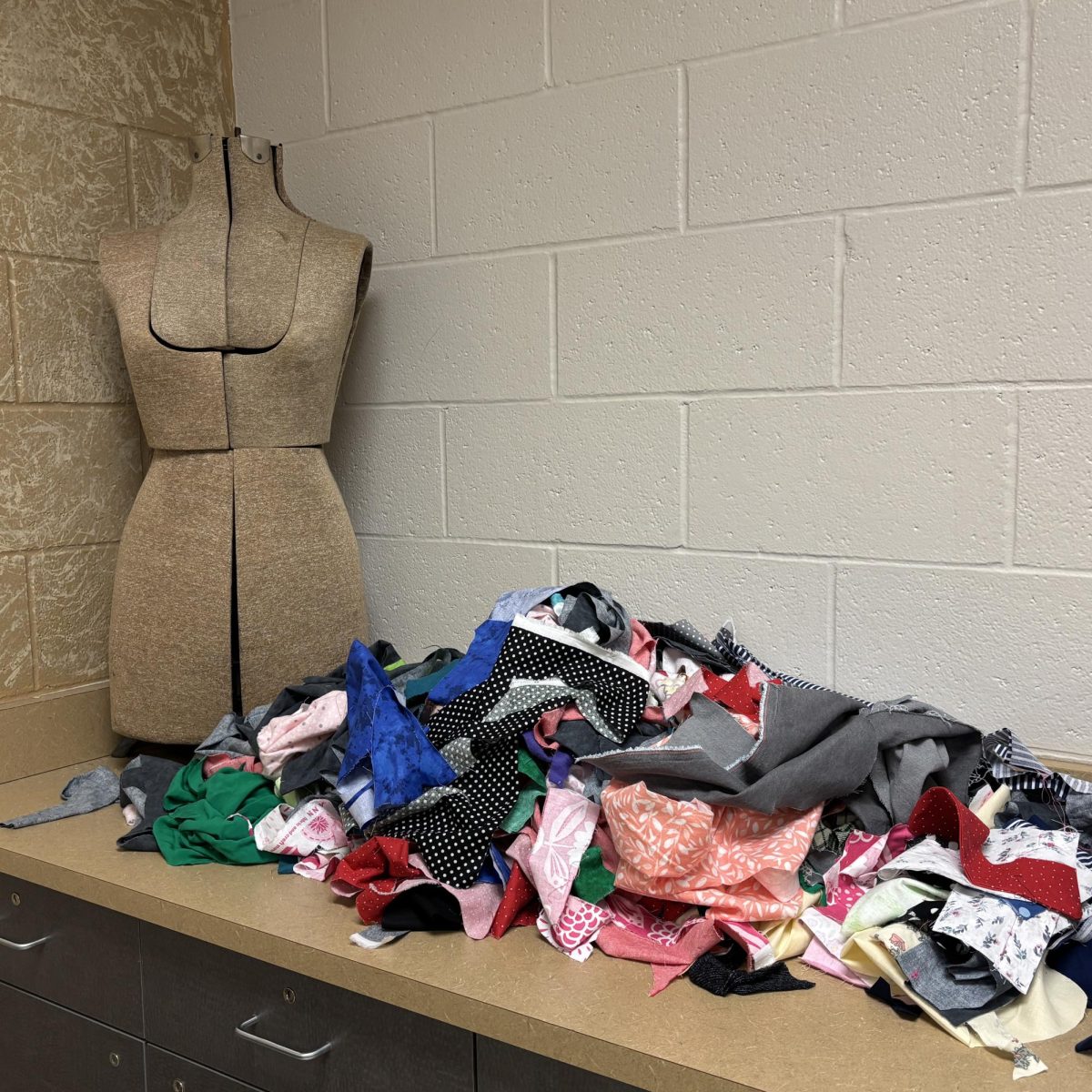



![Halloween candy cross section quiz [quiz]](https://nchsinkspot.com/wp-content/uploads/2022/10/Candy-cover-big-900x675.png)
![Average Jonah? [quiz]](https://nchsinkspot.com/wp-content/uploads/2022/05/average-jonah-900x600.png)











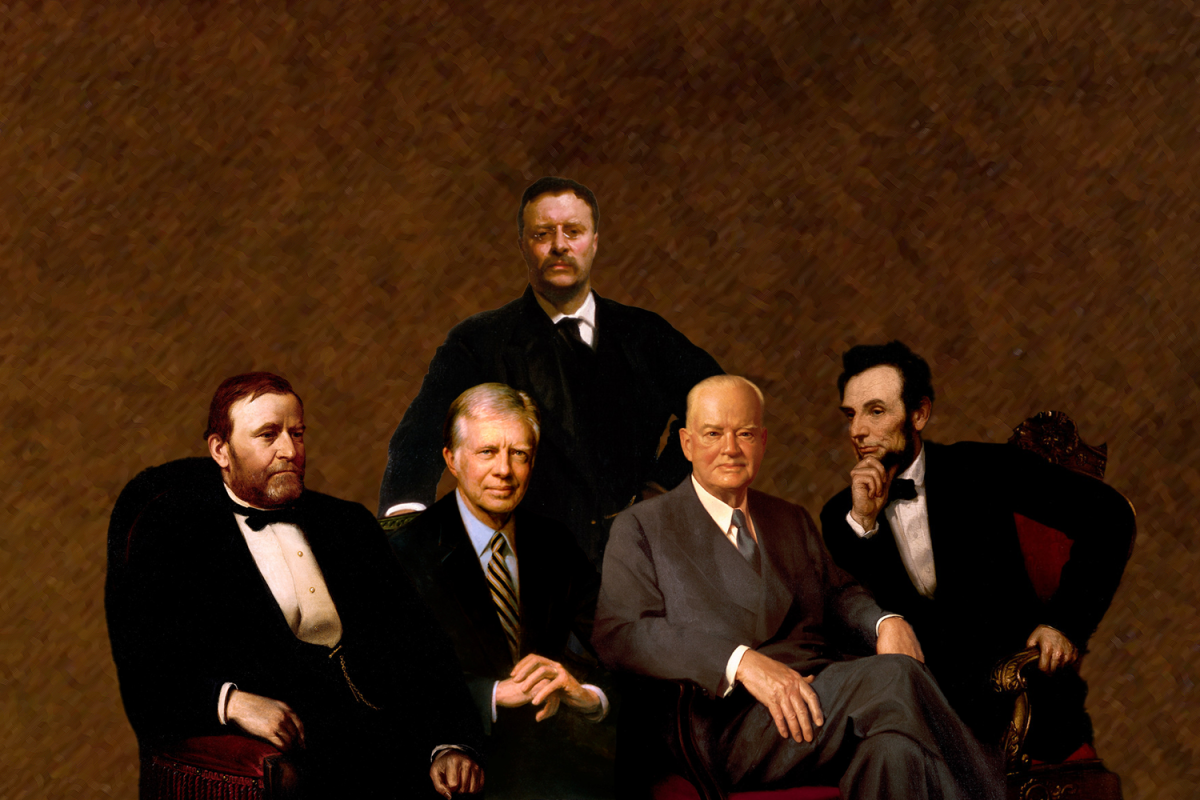










![Cell phone ban in schools? Community responds to proposed legislation [video]](https://nchsinkspot.com/wp-content/uploads/2025/04/Sequence.00_01_09_19.Still001-1200x675.png)




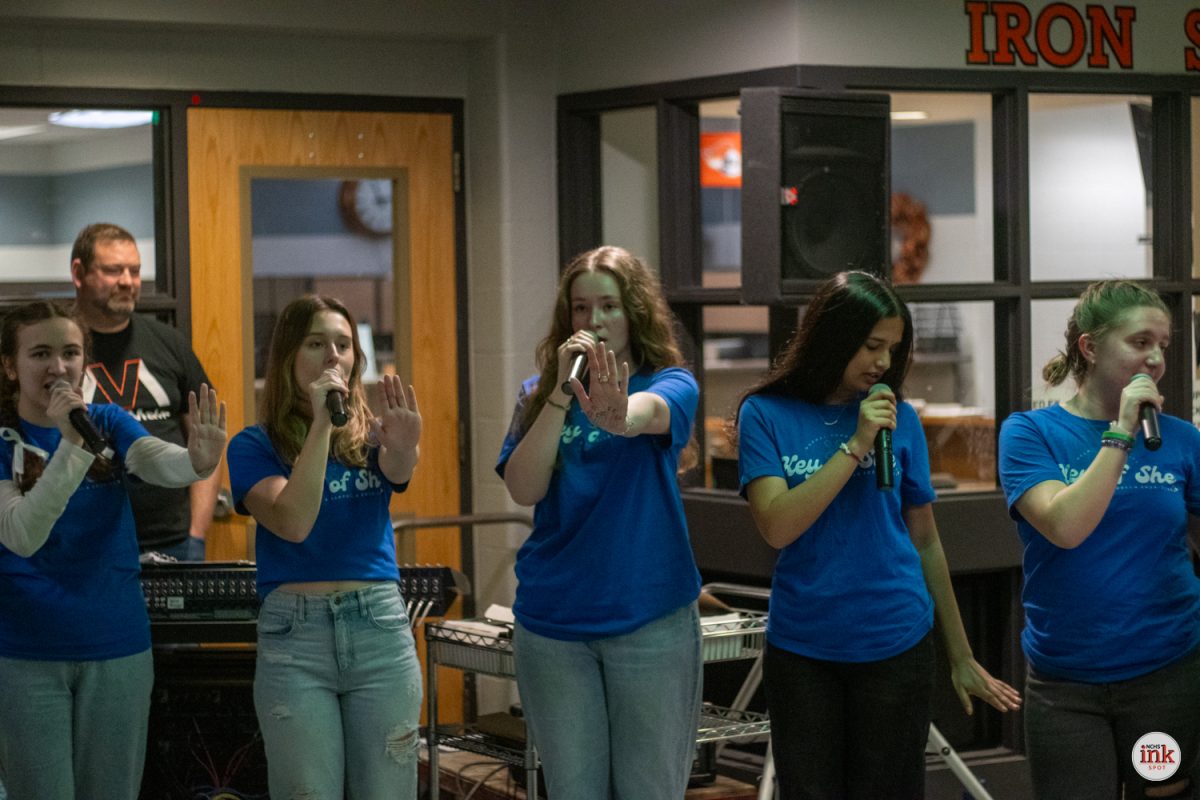
![Ironmen spring sports update: April 9 [video]](https://nchsinkspot.com/wp-content/uploads/2025/04/sports-recap-square-1200x1200.png)
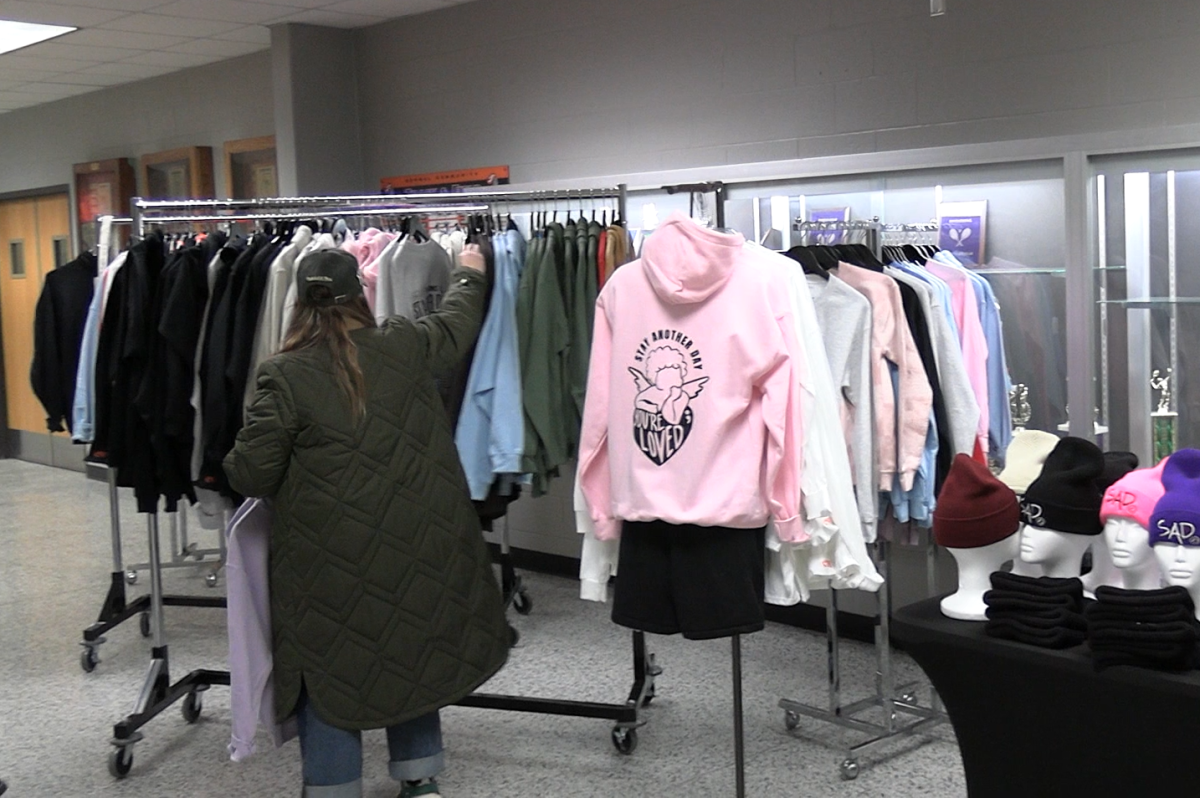
![Ironmen in the hunt: Coach Feeney talks Big 12 Title race ahead of PND matchup [video]](https://nchsinkspot.com/wp-content/uploads/2025/01/feeney-1200x675.png)
![On the Spot: This or That – Halloween [video]](https://nchsinkspot.com/wp-content/uploads/2024/10/tot-Halloween-YT-1200x675.png)
![On the Spot: This or That – Fall favorites [video]](https://nchsinkspot.com/wp-content/uploads/2024/10/ots-fall-web-1200x800.png)
![On the Spot – Teachers tested on 2023’s hottest words [video]](https://nchsinkspot.com/wp-content/uploads/2024/01/On-the-Spot-Teachers-tested-1200x675.png)








